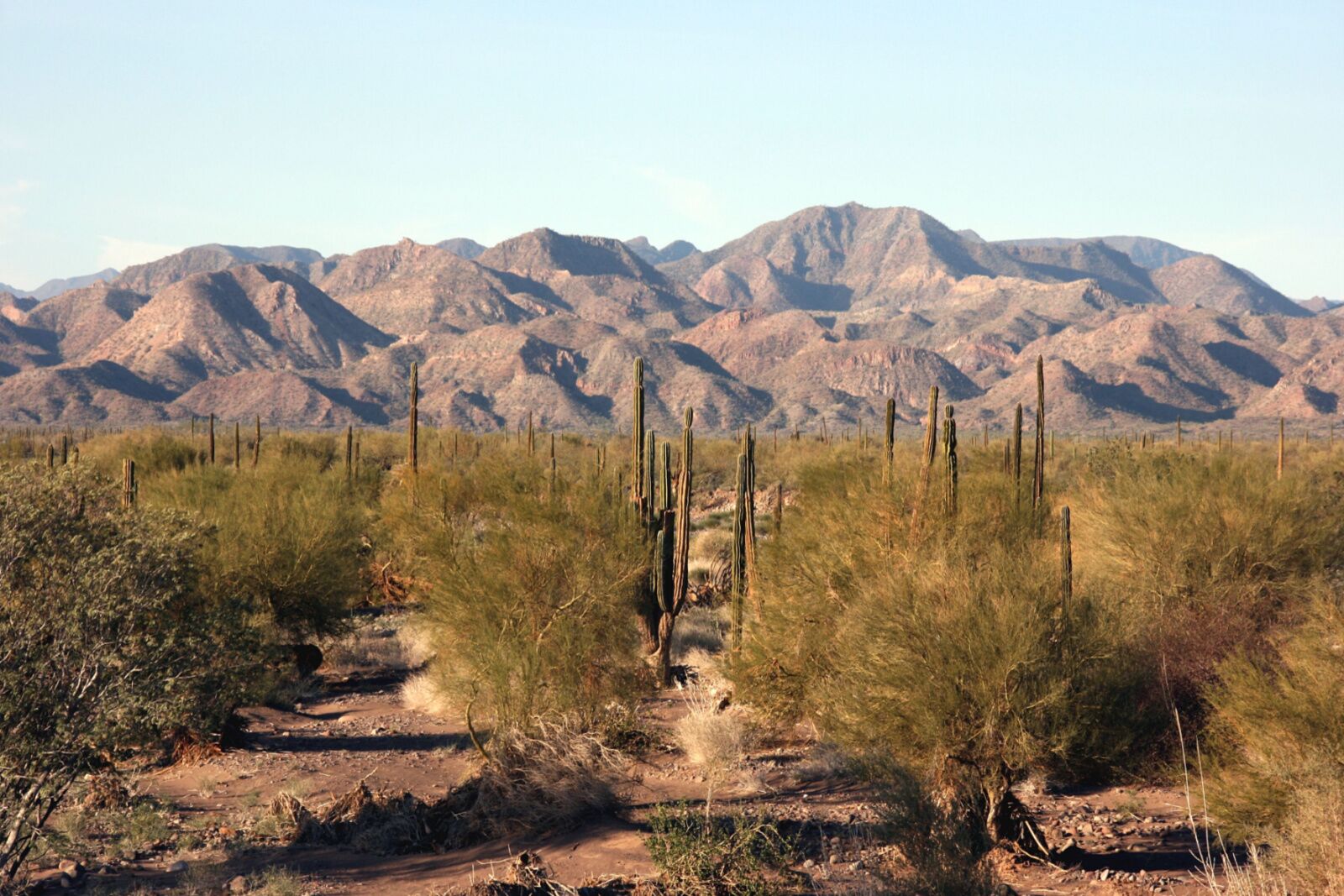The recent decision by U.S. authorities to revoke the visas of prominent Mexican politicians has sparked a wave of diplomatic tension between the two nations, raising concerns about the broader implications for bilateral relations and the travel industry. This move, reportedly part of a larger strategy to combat drug trafficking and corruption, has been met with mixed reactions from both sides of the border.
The Visa Revocation: A Strategic Move or Political Pressure?
Governor Marina del Pilar Ávila of Baja California, Mexico, recently confirmed that her visa had been revoked by U.S. authorities. She attributed this to “a situation” involving her husband, a former congressman. While she emphasized that the revocation does not imply any wrongdoing on her part, the incident highlights the growing pressure exerted by the U.S. on Mexican officials suspected of ties to drug corruption.
This action is part of a broader initiative by the Trump administration to impose travel restrictions and sanctions on Mexican political figures linked to drug trafficking. U.S. officials have indicated that more individuals could be targeted as the administration reviews a list of several dozen political figures identified by law enforcement and intelligence agencies. The list includes leaders from President Claudia Sheinbaum’s governing party, as well as figures close to her predecessor, former President Andrés Manuel López Obrador.
Impact on Mexican Politics and Diplomacy

The visa revocations have added another layer of complexity to the already delicate relationship between the U.S. and Mexico. President Sheinbaum has faced criticism for her government’s perceived alignment with U.S. policies, particularly regarding drug trafficking and immigration. Despite these challenges, she has sought to bolster her support at home by asserting Mexico’s sovereignty while also addressing U.S. demands for action against major traffickers.
The U.S. has accused Mexico of providing “safe havens” for drug cartels, leading to the imposition of tariffs on Mexican goods in early March. These measures were justified as part of an all-out fight against fentanyl and other illegal drugs, with the administration exploring the possibility of unilateral military actions against cartels. The review of Mexican drug corruption was initiated by a small White House team, which has been shaping the administration’s security policy under the leadership of Anthony Salisbury, a deputy White House homeland security adviser.
Economic Implications for Travelers

While the visa revocations primarily affect high-profile political figures, the broader tariff war between the U.S. and Mexico has raised concerns among travelers. The recent imposition of 25% tariffs on imports from Mexico and Canada has led to fears of increased costs for goods and services, potentially affecting the travel industry.
However, industry experts suggest that the direct impact on flights and hotel rates may not be immediate. The tariffs are based on goods crossing borders, not people, so airlines and hotels are not directly affected. However, indirect effects, such as higher ingredient costs for restaurants, could lead to increased expenses for travelers.
In southern Baja California, the tourism sector remains relatively unaffected, with bookings showing no signs of decline. The Los Cabos Tourism Board reported that the number of flights from California into Los Cabos is set to increase with new nonstop service from Oakland and Ontario. Despite the ongoing tariff conflict, the region continues to attract over 300,000 visitors during its busiest month, March.
Travel Advisories and Security Concerns
In addition to the visa revocations and tariff issues, the U.S. State Department has issued a new travel warning for Americans visiting Mexico, citing risks of terrorism, crime, and kidnapping. This advisory marks the first time Washington has raised the alarm on Mexico for terrorism risk, highlighting the increasing concerns over violence and criminal activity in the country.
The advisory warns Americans to exercise caution in 30 of Mexico’s 32 states, with specific warnings for regions like Colima, Guerrero, Michoacan, Sinaloa, Tamaulipas, and Zacatecas. These areas are classified as Level 4, the most dangerous, while others are rated Level 3 or 2, indicating a need for increased caution.
Despite the warnings, President Sheinbaum has downplayed the updated advisory, attributing it to the U.S. decision to label cartels as terrorist organizations rather than a new security reality. She emphasized that Mexico remains a top destination for U.S. travelers, with popular areas like the Southeast, Baja California Peninsula, Pacific coast, and Mexico City continuing to attract visitors.
Conclusion
The recent visa revocations and tariff tensions between the U.S. and Mexico underscore the complex dynamics of their bilateral relationship. While the U.S. seeks to address drug trafficking and corruption through strategic measures, the impact on Mexican politics and the travel industry remains a point of contention. As both nations navigate these challenges, the focus will likely remain on finding a balance between security, economic interests, and diplomatic relations.
For travelers, the current situation highlights the importance of staying informed about travel advisories and understanding the potential impacts of geopolitical tensions on their journeys. While the immediate effects may be limited, the long-term implications of these developments could shape the future of cross-border travel and cooperation between the U.S. and Mexico.



